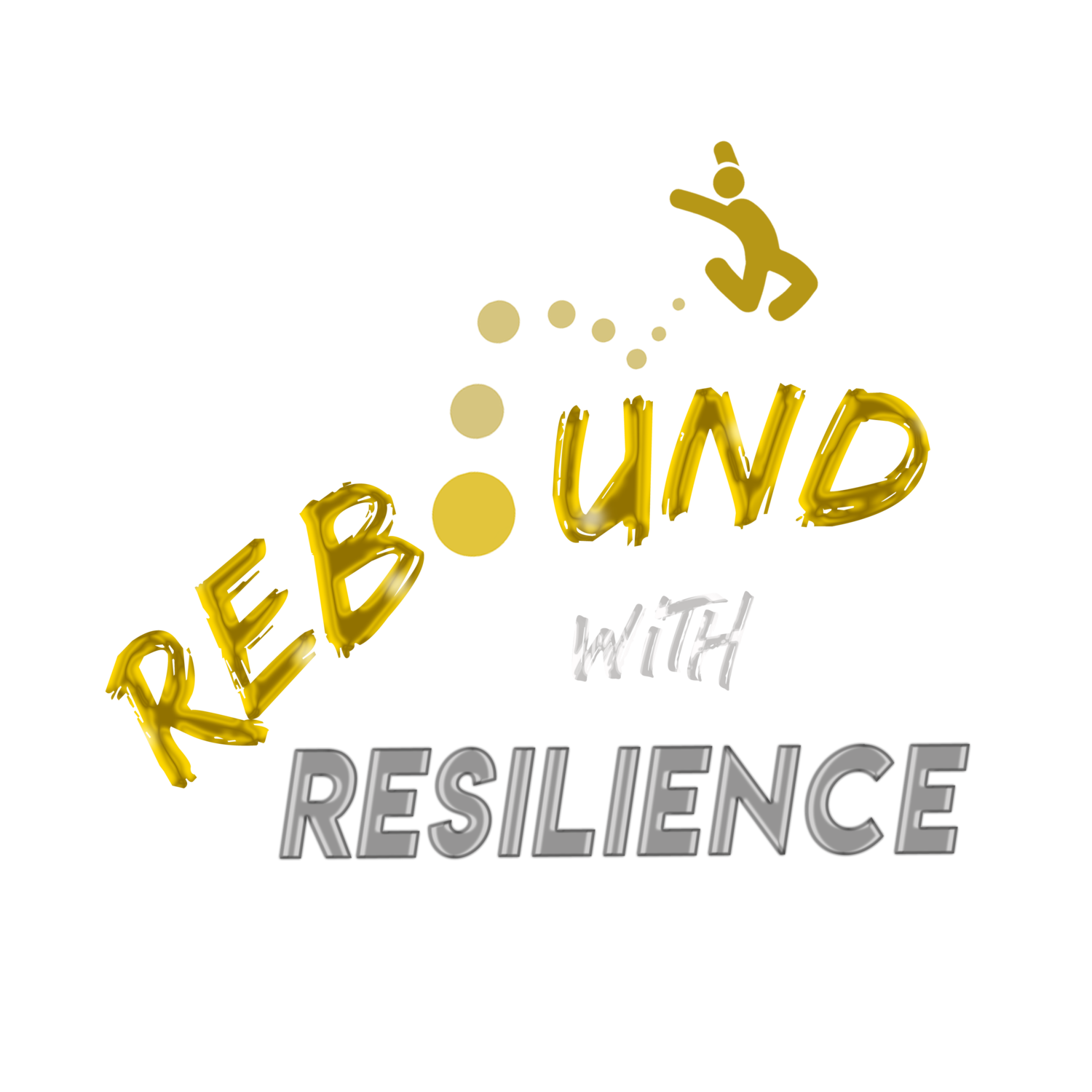What is Self-Esteem & Why is it important?
SELF-ESTEEM refers to your confidence and how you view yourself (self-worth). Studies show that self-esteem is closely linked to resilience. Why? Because your belief in yourself affects the way you bounce back from setbacks & failures
A healthy self-esteem comes primarily from within – an appreciation of your unique value, strengths and worth. Yet, as students, we struggle MASSIVELY with this. Why? Because we base our self-esteem on external measures – our grades, our achievements, our body, the number of likes we get on Instagram…the list goes on. This is dangerous, because we are never satisfied, there will ALWAYS be someone better. And yes, we end up hating ourselves and feeling like we’re not good enough.
To stop this nonsense and build your self-esteem, here are 5 things you can apply immediately!
1. Channel Your Inner Rock Star!
Everyone is a rock star in some way. Find and identify your strengths, and focus on developing them. You will gain confidence & an appreciation of yourself. Not sure what your strengths are? Ask your friends/teachers or take a personality test (google DISC or RIASEC test). Some of you are more artistic/creative, some love helping others, some love selling and persuading others (probably the class clown). Once you’re aware, develop them through your CCA or outside school (maybe selling stuff on carousell? Volunteering to help the underprivileged?)
“It is our light, not our darkness, that most frightens us” -Marianne Williamson
2. Avoid Comparing & Don’t Defining Your Worth on External Things
Albert Einstein once said, “Everybody is a genius. But if you judge a fish by its ability to climb a tree, it will live its whole life believing that it is stupid.” Many of you judge yourself on your weaknesses, or compare it with someone’s strengths. Stop! Comparing always steals your joy. From social media, you think someone has better grades, relationships, looks, whatever. Understand that social media is not reality – it is FILTERED reality (literally, cuz we apply all kinds of filters). Instead, focus on your strengths and what is unique to you!
Side note, remember, your grades does not define your self-esteem or intelligence. Grades only measure a specific kind of intelligence, like abstract intelligence or the ability to memorize and recall information. Grades CANNOT capture the width & depth of the strengths and unique abilities that all of you have.
(Of course, please study la, don’t use this as an excuse. What we’re saying is, if you study hard and still don’t do as well, don’t beat yourself up...your strengths may lie somewhere else.)
“Comparison is the thief of joy” - Theodore Roosevelt
3. Learn to Ignore Nonsense and Accept Compliments
Sometimes, people put you down. They say mean, hurtful things. IGNORE those voices, listen to your own and remind yourself of your value. There is a proverb that goes: “No one can hurt you without your permission”. Do not give bullies what they want - a reaction. Instead, know when to walk away, and refuse to accept nonsense from others.
On the other hand, learn to accept compliments. Sometimes, we feel paiseh when people compliment us. That’s because we tend to judge ourselves, and feel like we’re not worthy to receive it. For example, when someone says, ‘Oh you’re quite good at English”. We reply: ‘Oh no la, I’m actually not that good’. Instead, learn to say ‘thank you, I appreciate it’. It may feel uncomfortable at first, but when you do, you start to validate and appreciate your worth.
“Someone’s opinion of you does not have to be your reality” - Les Brown
4. LOVE YOURSELF. Practice Self-Compassion & Eliminate Self-Criticism
Ok no this is not the Justin Bieber song…it’s a different meaning. Loving yourself means practicing self-compassion and avoid beating yourself up. Yes, you may have failed at a test, or performed below expectation in your CCA. It’s ok, don’t judge yourself. Learn the lessons, get up, and go again. If the voice in your head is negative, eliminate it. How? Here are 3 steps:
Recognise. Be mindful of your negative self-talk. For e.g ‘I’m bad at math’, ‘I’m not good enough’, ‘I’m ugly’. When you recognize it, you take the first step to change.
Disassociate. I want you to realise that these negative thoughts are NOT your voice. These thoughts are just thoughts, not facts. And they don’t represent you. Someone else put it there; through your upbringing or negative association. Someone planted those lies but you repeat it to yourself till it cripples you.
Change your story. Change your self-talk, your thoughts are learned and picked up through repetition. When negative thoughts come, recognise, disassociate and then put in positive affirmations: ‘I believe I can do it’, ‘I refuse to quit’, ‘I am worthy and confidence’. Repeat it till you change your story.
5. HELP Others
Ghandi said: “We find ourselves by losing ourselves in the service of others”. Helping others has a huge positive impact on your self-esteem. When you help someone, you feel better about yourself. And that feeling is a fulfilling, lasting feeling. So consider it! Maybe help your parents with housework, help to explain that math question to a friend, or even saying thank you to a stranger for holding the lift, or the canteen Uncle/Aunty that clears your plate.
———————
ALRIGHT! That’s about it. Apply this principles to build your self-esteem, #regainconfidence and #reboundwithresilience!
